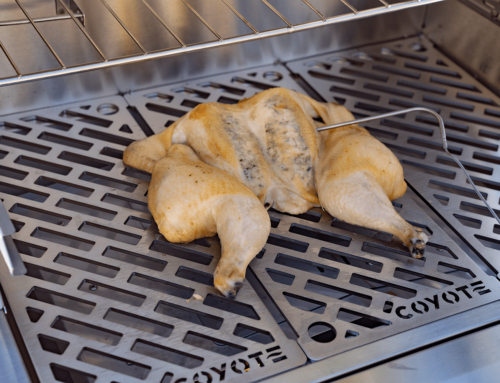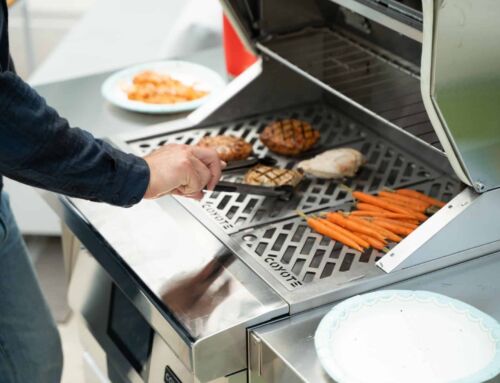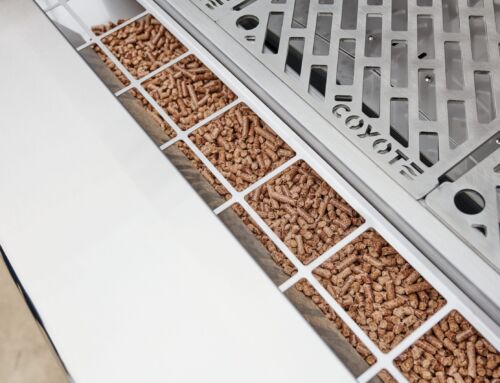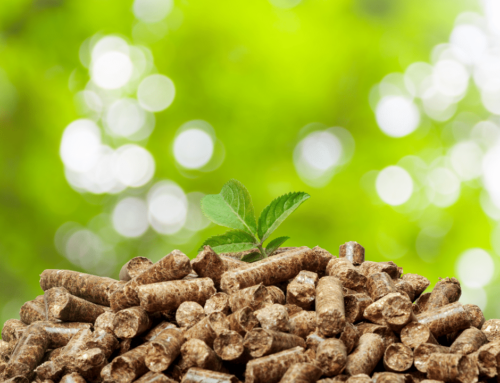In the sizzling world of outdoor cooking, the battle between pellet grills and gas grills rages on. As grilling enthusiasts seek the ultimate culinary experience, the decision between these two popular options becomes a key factor. Join us as we delve into the differences between pellet grills and gas grills, helping you make an informed choice for your outdoor cooking endeavors.
Flavor Infusion and Cookin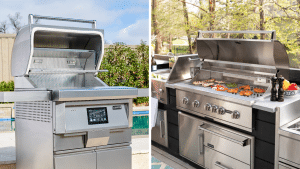 g Techniques
g Techniques
Pellet Grill: The pellet grill reigns supreme in the flavor department. Harnessing the power of hardwood pellets, these grills infuse a rich, smoky taste into your dishes. From oak to hickory, the variety of pellet flavors allows you to tailor your cooking experience. The low-and-slow cooking method ensures a tender, juicy result, perfect for succulent meats and savory vegetables.
Gas Grill: While gas grills are known for their convenience, they often fall short in the flavor infusion game. However, some gas grills offer flavorizer bars or smoke boxes to mimic the smokiness of a pellet grill. They excel in quickly searing meats and achieving those coveted grill marks.
Temperature Control and Versatility
Pellet Grill: Precision is the name of the game when it comes to temperature control on pellet grills. Most models come equipped with digital controllers, allowing you to set and maintain the desired temperature with minimal effort. The versatility of pellet grills shines as they seamlessly switch between smoking, roasting, baking, and grilling.
Gas Grill: Gas grills are renowned for their instant heat-up capabilities. They provide consistent heat distribution across the cooking surface, making them ideal for quick meals. However, achieving low temperatures for slow cooking can be more challenging, limiting their versatility.
Convenience and Ease of Use
Pellet Grill: Pellet grills offer a hands-off approach to cooking. Once you’ve set the temperature and selected the pellet flavor, the grill takes care of the rest. This convenience is perfect for those who want to enjoy the outdoor cooking experience without constant monitoring.
Gas Grill: If convenience is your priority, gas grills take the crown. With a simple ignition and quick heating, you can be grilling in minutes. Cleaning up is also relatively straightforward, making them a go-to option for busy weeknight dinners.
Environmental Impact and Cost Efficiency
Pellet Grill: Pellet grills utilize hardwood pellets made from sawdust, a renewable resource. While they do require electricity to operate, the energy consumption is relatively low. The cost of hardwood pellets can add up, but the efficiency and flavor they provide often make up for it.
Gas Grill: Propane or natural gas powers gas grills, which can be more economical than purchasing wood pellets in the long run. However, the environmental impact and resource depletion associated with non-renewable fuels should be considered.
Grill Your Way to Culinary Nirvana
In the ultimate showdown between pellet grills and gas grills, both contenders bring unique strengths to the table. If you crave deep, smoky flavors and versatility, the pellet grill is your ticket. On the other hand, if you value convenience and rapid cooking, the gas grill has your back. Your choice ultimately depends on your cooking preferences, lifestyle, and the taste adventure you’re ready to embark upon.
At Coyote Outdoor Living, we believe that every grilling journey is unique. Whichever path you choose, remember that the sizzle of outdoor cooking is all about embracing your personal flavor and enjoying every moment of culinary exploration. So, fire up your chosen grill, gather your loved ones, and get ready to create memories and flavors that will linger long after the last bite. Happy grilling!


